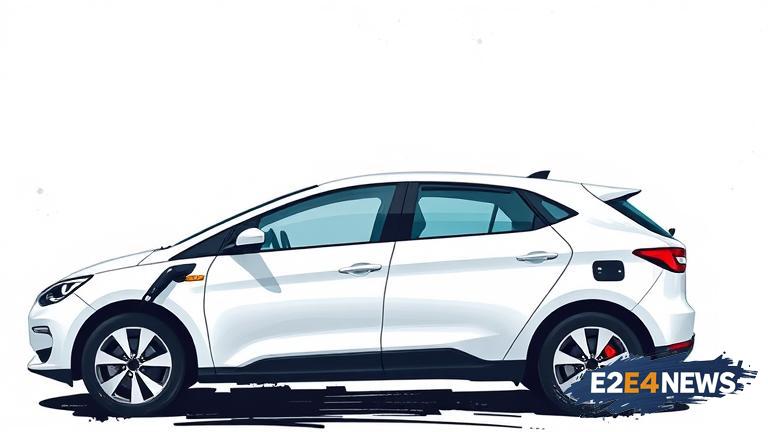The Indian government has announced a comprehensive plan to promote the adoption of electric vehicles (EVs) in the country. The plan includes a range of incentives and initiatives aimed at encouraging the use of EVs, reducing greenhouse gas emissions, and improving air quality. According to reports, the government plans to offer subsidies to EV manufacturers, as well as to consumers who purchase EVs. The subsidies are expected to be in the form of tax exemptions, reduced registration fees, and other benefits. Additionally, the government plans to invest in the development of EV charging infrastructure, including the installation of charging stations along highways and in urban areas. The plan also includes measures to promote the use of EVs in public transportation, such as buses and taxis. The government has set a target of having at least 30% of new vehicle sales be electric by 2030. To achieve this goal, the government plans to work with state governments, private companies, and other stakeholders to create a supportive ecosystem for EVs. This will include the development of standards and regulations for EVs, as well as the creation of training programs for workers in the EV industry. The plan is expected to have a significant impact on the environment, as EVs produce zero tailpipe emissions and can help reduce air pollution in urban areas. The government also expects the plan to create new job opportunities in the EV sector, as well as to stimulate economic growth. The plan is part of the government’s broader efforts to reduce its dependence on fossil fuels and to promote the use of renewable energy. India has set a target of generating 40% of its electricity from non-fossil fuels by 2030, and the promotion of EVs is seen as a key part of this effort. The government has also announced plans to invest in the development of new EV technologies, such as battery swapping and charging systems. The plan has been welcomed by the EV industry, which sees it as a major opportunity for growth and development. However, some experts have raised concerns about the plan’s feasibility, citing the need for significant investment in infrastructure and the potential for disruption to traditional industries. Despite these challenges, the government remains committed to its goal of promoting the adoption of EVs and reducing the country’s dependence on fossil fuels. The plan is expected to have a major impact on the Indian economy and environment, and will be closely watched by other countries around the world. The government has also announced plans to create a national EV policy, which will provide a framework for the development of the EV industry. The policy will include measures to promote the use of EVs, as well as to regulate the industry and ensure safety and quality standards. The government has also announced plans to invest in the development of EV charging infrastructure, including the installation of fast-charging corridors along highways. The plan is expected to create new opportunities for private companies, which will be able to invest in the development of EV charging infrastructure and other related services. The government has also announced plans to provide funding for research and development in the EV sector, which will help to drive innovation and growth. Overall, the plan is a major step forward for the Indian government’s efforts to promote the adoption of EVs and reduce the country’s dependence on fossil fuels.
